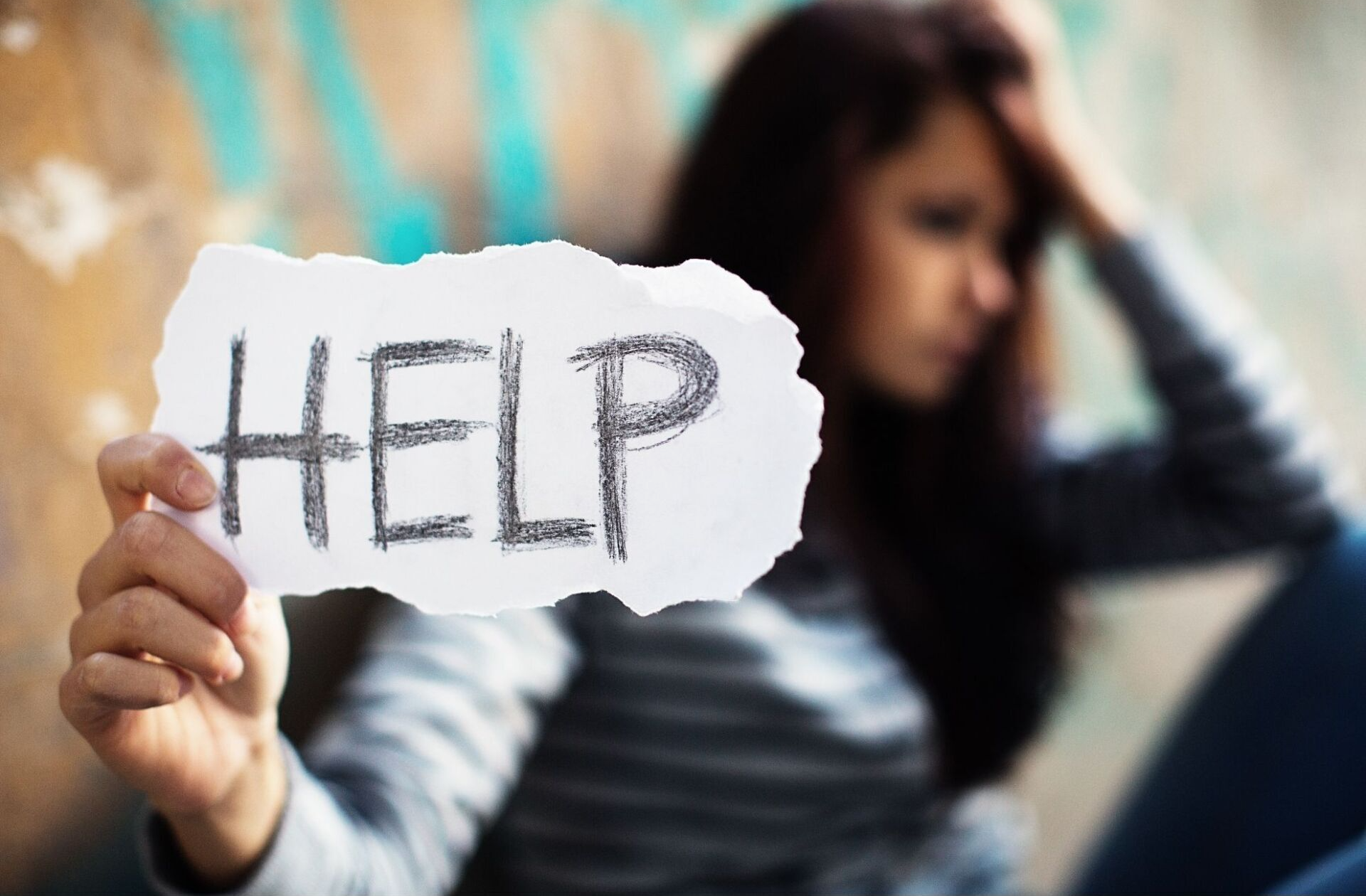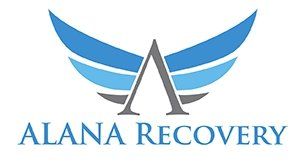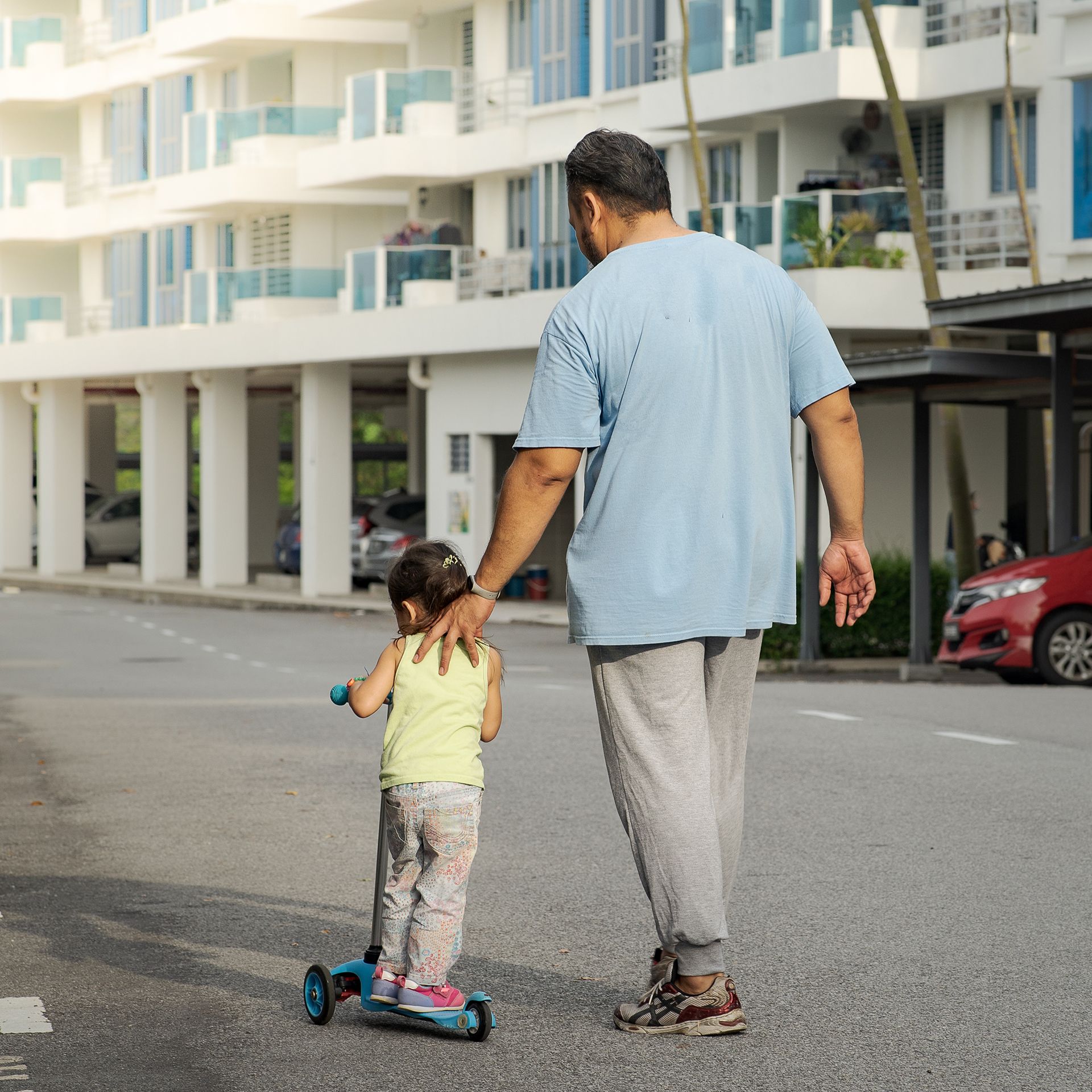Summer is often associated with warmth, sunshine, and relaxation, but for those struggling with addiction, it can be a time of heightened risk. According to research, relapse rates tend to increase during the summer months, as well as during the holidays. This can be attributed to various factors, such as the increased exposure to drugs and alcohol during social events, seasonal affective disorder, and co-occurring mental health disorders.
Despite the efforts of those in recovery, the summer months can pose a unique set of challenges that can make it difficult to maintain abstinence. The combination of social pressures, increased stress, and the desire to let loose during the warm months can be overwhelming for those trying to stay sober.
This article aims to explore the various causes of relapse during the summer, as well as risk factors and strategies for seeking help and support. By understanding the factors that contribute to the summer blues, those in recovery can take proactive steps to protect their sobriety and maintain their long-term health and well-being.
Key Takeaways
Summer can be a time of heightened risk for addiction relapse.
Social events, seasonal affective disorder, and co-occurring mental health disorders can contribute to relapse during summer months.a
Coping mechanisms such as substance use, avoidance, and denial can contribute to the risk of relapse.
Seeking professional help from addiction treatment centers and support groups, and therapy can be effective in preventing relapse and improving overall mental health and well-being.
Causes of Relapse

The causes of relapse, which include both psychological and environmental factors, have been identified as potential contributors to the increased rates of addiction relapse during the summer months, as noted in previous research.
Triggers such as stress, anxiety, depression, and social pressure can lead individuals to relapse. Coping mechanisms such as substance use, avoidance, and denial can also contribute to the risk of relapse.
Environmental factors such as increased exposure to drugs and alcohol during summer social activities can also lead to addiction relapses.
Environmental factors such as increased exposure to drugs and alcohol during summer social activities can also lead to addiction relapses. Overestimating the ability to remain sober and feeling pressured into using can also contribute to the increased risk of relapse.
It is essential to recognize these triggers and develop effective coping mechanisms to prevent relapse. Seeking help from addiction treatment centers like
ALANA Recovery Center can also be an effective way to address addiction and prevent relapse.
Risk Factors
Co-occurring mental health disorders, exposure to drugs and alcohol, and overestimating the ability to remain sober are risk factors that can contribute to addiction relapses. Those with addiction often have underlying mental health issues such as depression, anxiety, or trauma. These co-occurring disorders can trigger addictive behaviors, especially during the summer when symptoms of seasonal affective disorder (SAD) can worsen.
In addition, exposure to drugs and alcohol during summer social activities can increase the temptation to use. Overestimating the ability to remain sober and feeling pressured into using by friends or family can also lead to addiction relapses. Coping mechanisms are crucial in avoiding relapse triggers.

Seeking help from addiction professionals and support groups, developing healthy habits such as exercise and meditation, and avoiding triggers such as people, places, and events associated with past substance use can help individuals maintain sobriety during the summer and all year round.
Seeking Help

Seeking professional help from addiction specialists and support groups can be the key to unlocking the door to sobriety and paving the way to a brighter future.
However, many people struggling with addiction are often hesitant to seek help due to the stigma attached to addiction. It is essential to overcome this stigma and recognize that addiction is a chronic condition that requires specialized treatment.
Therapy is one of the most effective treatment options for addiction. It provides a safe space for individuals to explore their emotions and behaviors, identify triggers, and develop healthy coping mechanisms.
Therapy can also help individuals address underlying mental health disorders that may contribute to their addiction. The benefits of therapy extend beyond addiction recovery and can improve overall mental health and well-being. ALANA Recovery Centers offers a range of evidence-based therapies and support groups to help individuals on the path to sobriety and wellness.
Overestimating the ability to remain sober and feeling pressured into using can also contribute to the increased risk of relapse. It is important to recognize these triggers and develop effective coping mechanisms to prevent relapse. Seeking help from addiction treatment centers like ALANA Recovery Centers can also be an effective way to address addiction and prevent relapse.
Frequently Asked Questions
-
How can family and friends support loved ones struggling with addiction during the summer months?
Family support is crucial for loved ones struggling with addiction during summer months. Coping strategies, such as attending support groups, setting boundaries, and promoting healthy activities, can aid in maintaining sobriety. Research indicates that social support can improve recovery outcomes.
-
Are there any specific types of addiction that are more likely to relapse during the summer?
Research suggests that people struggling with addiction to drugs or alcohol may be at higher risk of relapsing during summer vacation and outdoor activities due to increased exposure to substances. Additionally, seasonal affective disorder and co-occurring mental health disorders can exacerbate relapse risk.
-
How can individuals in recovery avoid triggers during summer social activities?
Individuals in recovery during the summer can avoid triggers by planning ahead, bringing a sober friend, avoiding events with heavy alcohol or drug use, having an exit strategy, and engaging in alternative activities. Coping strategies such as mindfulness, exercise, and therapy can also be helpful.
-
Are there any alternative forms of self-medication that can be effective in managing distressing emotions during the summer?
Alternative therapies such as mindfulness techniques have shown promise in managing distressing emotions during the summer. Evidence-based research supports their effectiveness in treating mental health disorders and promoting overall wellness, providing individuals in recovery with additional options for self-care.
-
Can ALANA Recovery Centers provide resources for ongoing support and aftercare following addiction treatment?
ALANA Recovery Centers offers ongoing support and aftercare resources to individuals who have completed addiction treatment. These resources include therapy, support groups, and relapse prevention strategies, all aimed at promoting long-term recovery and wellness.
Comprehensive Care and Support: Keys to Overcoming Summer Relapse Risks
The summer months can pose a significant challenge for those struggling with addiction, as relapse rates tend to increase during this time. Various factors contribute to this phenomenon, such as seasonal affective disorder, co-occurring mental health disorders, and higher exposure to drugs and alcohol during social activities. Individuals with addiction are more at risk of relapse during this time, and it is essential to be aware of these risk factors to prevent a setback in recovery.
It is crucial to recognize the warning signs of relapse and seek help immediately. Treatment programs that offer comprehensive care and support can help individuals overcome addiction and develop healthy coping mechanisms.
Family and friends should also be involved in the recovery process to provide a strong support system. Recovery is a lifelong journey, and individuals should be prepared to face challenges and setbacks along the way.
In conclusion, the summer months can be a challenging time for those struggling with addiction, and it is essential to understand the reasons behind the increased risk of relapse. Seeking professional help and building a strong support system are crucial steps towards recovery. It is vital to remember that recovery is possible, and with the right resources and support, individuals can overcome addiction and lead a fulfilling life.
As we navigate through the summer months, let us prioritize our mental health and well-being, and seek help if needed - because recovery is worth it.
Talk With a Provider Today!
Talk With a Provider Today!
Fighting addiction alone is an almost impossible task. Don't do this alone, call us today to start your road to recovery.




